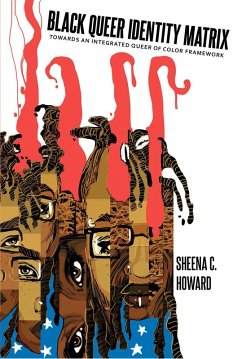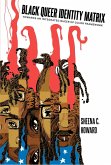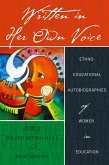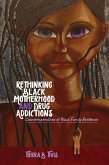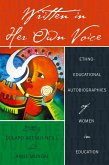This volume launches the first sustained discussion of the need for a queer of color conceptual framework around Black, lesbian female identity. Specifically, this volume addresses the necessity for a more integrated framework within queer studies, in which the variables of race/ethnicity are taken into consideration. This book is unique in that it highlights a triple-jeopardy minority group that has been historically marginalized and concludes with the proposal of a much-needed framework for researchers to begin to create a baseline of knowledge/research under the umbrella of the Black Queer Identity Matrix.
Dieser Download kann aus rechtlichen Gründen nur mit Rechnungsadresse in A, D ausgeliefert werden.
«For the first time, there is a book that provides a starting point for researchers to explore the communication patterns of the queer of color community. This framework can be applied to the study of gender and sexual orientation for any researcher interested in mediated representations of minority groups. Black Queer Identity Matrix does a great job of addressing the necessity for a more integrated framework within queer studies, in which the variables of race and/or ethnicity are taken into consideration.» (John Jennings, Associate Professor, University of Buffalo)
«Sheena C. Howard offers an alternative route to studying the LGBTQI community of color. The framework outlined in this volume views gender, race, and sexual orientation as interlocking systems of oppression. This view can move use towards answering pivotal questions around gender expression, gender identity, and in-group communication patterns. I look forward to seeing the heurism of the Black Queer Identity Matrix framework.» (Cheryl Nicholas, PhD, Penn State University Berks)
«Howard has created an important tool for methodologists, researchers, and students interested in queer studies, queer politics, and gender studies. This well-written and innovative volume provides coverage of a number of important issues for Black women of color and implications for the queer of color community as a whole.» (Rahul Mitra, PhD, Wayne State University)
«Sheena C. Howard offers an alternative route to studying the LGBTQI community of color. The framework outlined in this volume views gender, race, and sexual orientation as interlocking systems of oppression. This view can move use towards answering pivotal questions around gender expression, gender identity, and in-group communication patterns. I look forward to seeing the heurism of the Black Queer Identity Matrix framework.» (Cheryl Nicholas, PhD, Penn State University Berks)
«Howard has created an important tool for methodologists, researchers, and students interested in queer studies, queer politics, and gender studies. This well-written and innovative volume provides coverage of a number of important issues for Black women of color and implications for the queer of color community as a whole.» (Rahul Mitra, PhD, Wayne State University)

